The Mini Expo 2025 series of events, themed "From Technology to Practical Comprehensive Crop Farming Solutions," organized by Loc Troi Group, took place from October 28-30, attracting nearly 1,000 guests. Within the framework of the event, specialized agencies, scientists , businesses, and farmers discussed and sought to find effective coordination mechanisms to maximize the effectiveness of agricultural extension and science and technology in sustainable rice production.
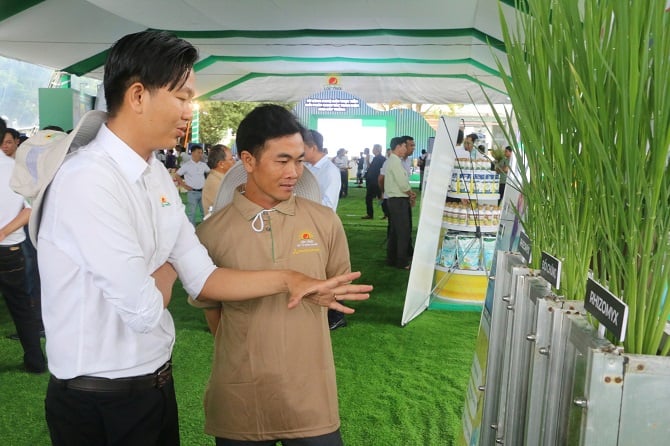
By 2030, An Giang province will implement approximately 350,000 hectares of high-quality production areas and integrate 120,000 advanced farmers into the grassroots agricultural extension network and cooperatives.
According to Mr. Huynh Van Thon, Chairman of Loc Troi Group, Loc Troi's goal is to build a cooperative model involving grassroots agricultural extension workers, enterprise technical staff, and core farmers. Each party assumes a distinct role but all work towards a common goal – efficient, high-quality, and sustainable rice production. This will create a foundation for organizing large-scale raw material areas, reducing emissions, and enhancing the value of Vietnamese rice.
According to Le Quoc Thanh, Director of the National Agricultural Extension Center, the linkage between grassroots agricultural extension and businesses is not only an essential requirement but also a breakthrough solution for the project to cultivate 1 million hectares of high-quality rice to achieve its goals in terms of yield, quality, and emission reduction. He added that the implementation of the agricultural extension development strategy until 2030 is concretized through Circular 60 on organizing the agricultural extension system according to a multi-level government structure.
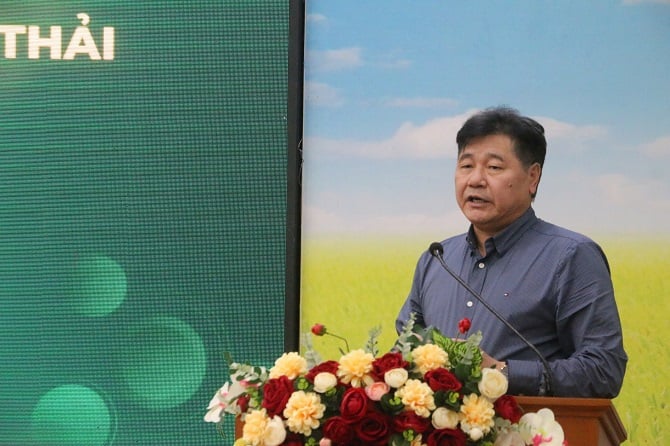
Director of the National Agricultural Extension Center, Le Quoc Thanh.
Accordingly, in addition to the formal state-run agricultural extension force, there must also be enterprise-based agricultural extension, extension from research institutes and universities, and social agricultural extension. Mr. Thanh argued that no matter what product we have—high technology, imported technology, technology from research institutes and universities, all the technologies from businesses—if we don't apply them to the farmers' fields, the problem won't be solved.
"And our ultimate goal is to bring scientific and technological products to the people as quickly as possible," Mr. Le Quoc Thanh emphasized, while affirming that businesses like Loc Troi are professional agricultural extension forces with the technical, technological, and financial capacity to support farmers. When these two systems combine, scientific knowledge will reach each field faster and more practically.
Sharing this view, Le Huu Toan, head of the agriculture and environment sector in An Giang province, believes that An Giang's current plan to organize and operate a raw material area under the 1 million-hectare high-quality rice project, aimed at reducing emissions, will only succeed with close coordination among three pillars: agricultural extension, businesses, and farmers. He views agricultural extension as the "bridge" bringing science to the fields, businesses as the "driving force" bringing products to the market, and farmers as the "center" of the entire production process.
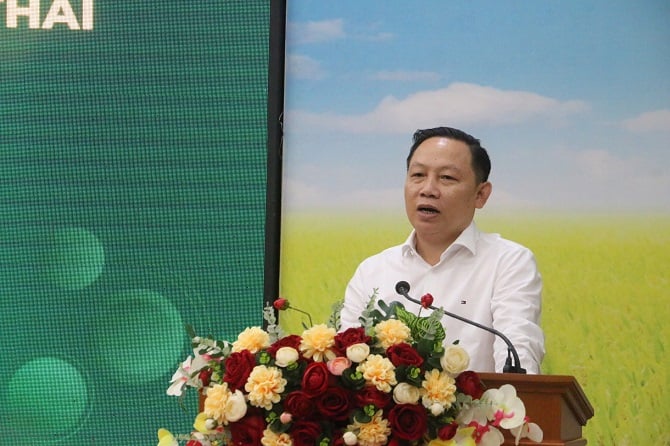
Mr. Le Huu Toan - Director of the Department of Agriculture and Environment of An Giang province.
“This collaboration will form a flexible operating system, helping people access new technologies, apply standardized production processes, ensure traceability, reduce input costs, and move towards ‘green’ production. In particular, comprehensive farming models like that of Loc Troi Group are considered concrete evidence of the right direction, increasing economic efficiency while protecting the environment,” Mr. Toan cited as an example.
According to the An Giang Provincial Department of Agriculture, from now until 2030, the province will implement approximately 350,000 hectares of high-quality agricultural production areas, with more than 120,000 advanced farmers participating in the grassroots agricultural extension network and cooperatives. These farmers will receive training, acquire knowledge and skills in applying science and technology, and become the core force in operating green, circular, and emission-reducing farming models.
The linkage between agricultural extension services and businesses not only provides technical support but also opens up new market opportunities and enhances product value. We are shifting from a stage of sufficient domestic consumption and export to a stage focusing on quality and linking production, processing, and consumption. This is an essential step if we want to maintain the position of rice from the Mekong Delta.
Source: https://doanhnghiepvn.vn/cong-nghe/dua-san-pham-cong-nghe-xuong-canh-dong-nhanh-nhat/20251028060326611










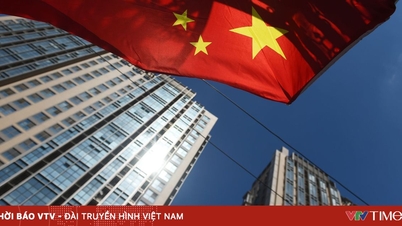

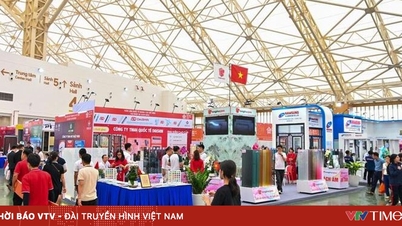
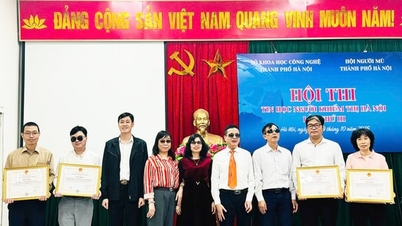

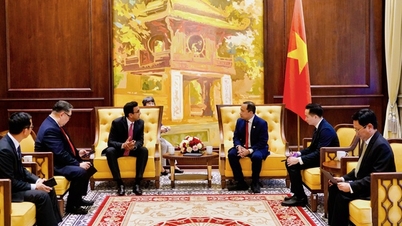

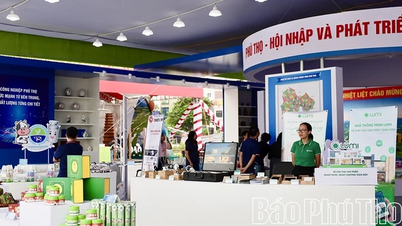











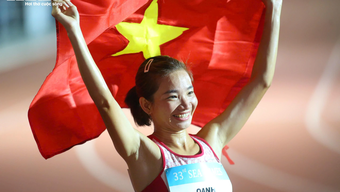

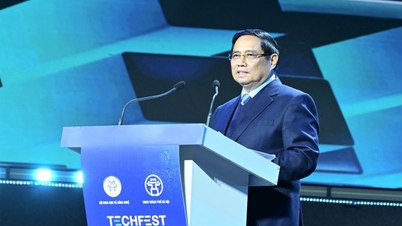

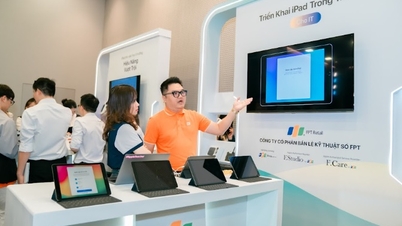
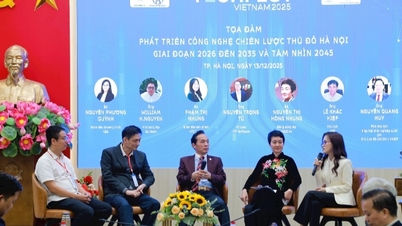
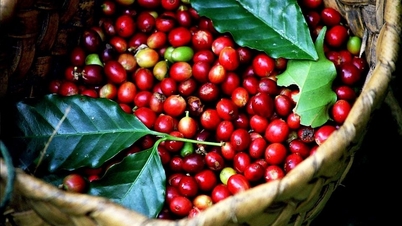
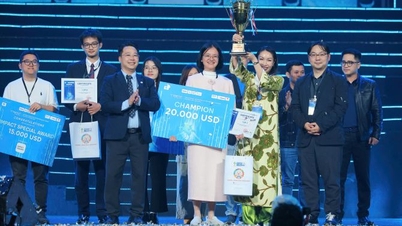

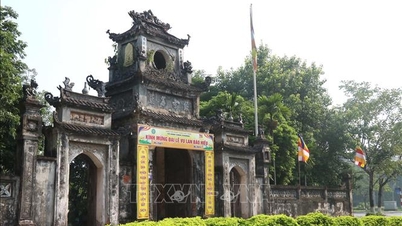

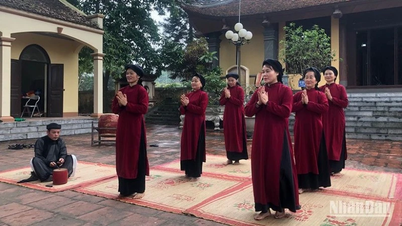

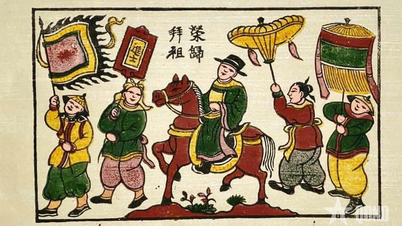

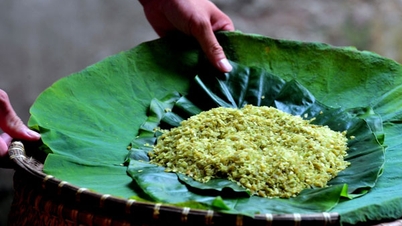

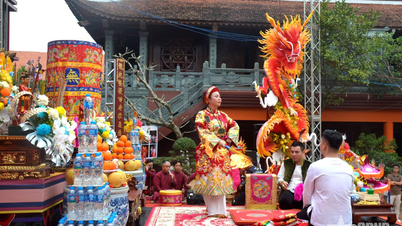


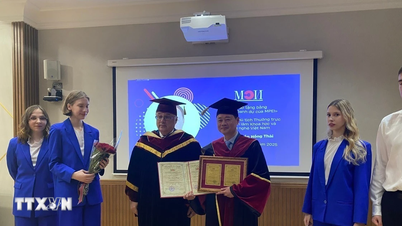




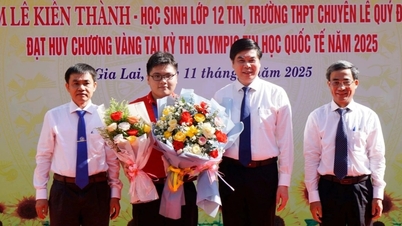

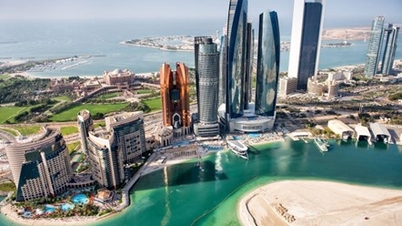

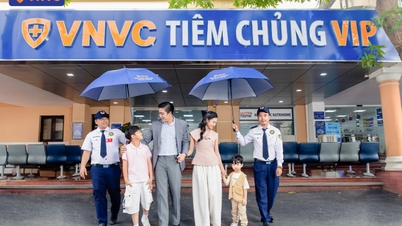










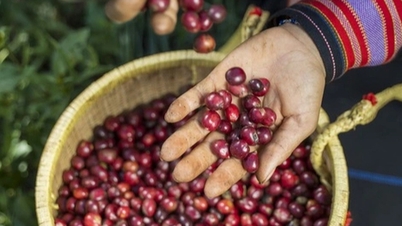
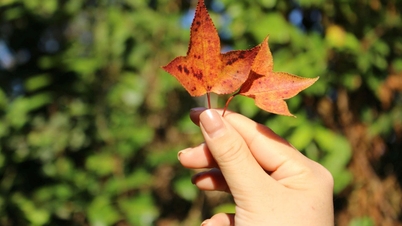



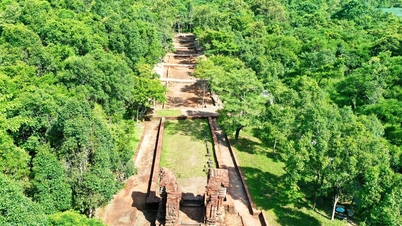

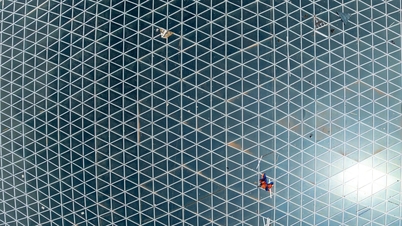

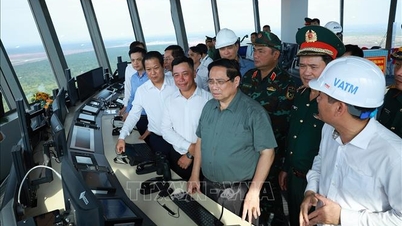


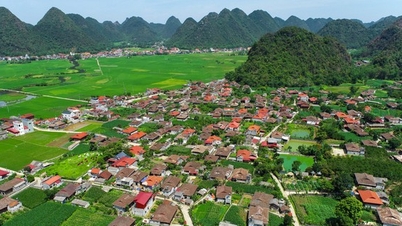

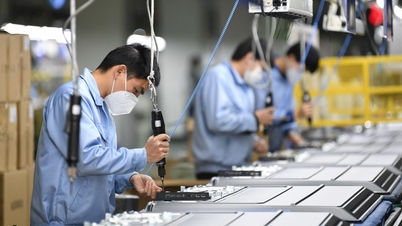





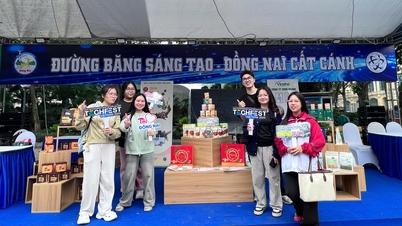

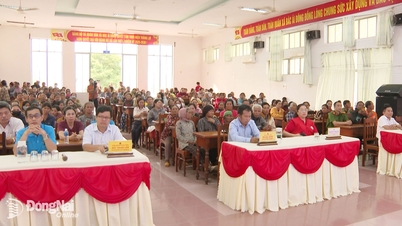
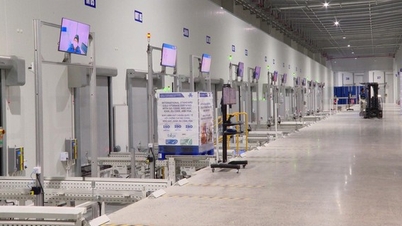


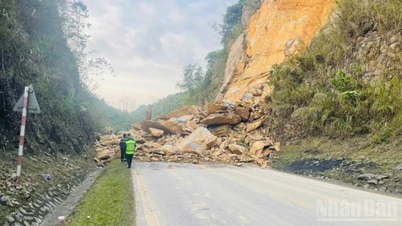













Comment (0)